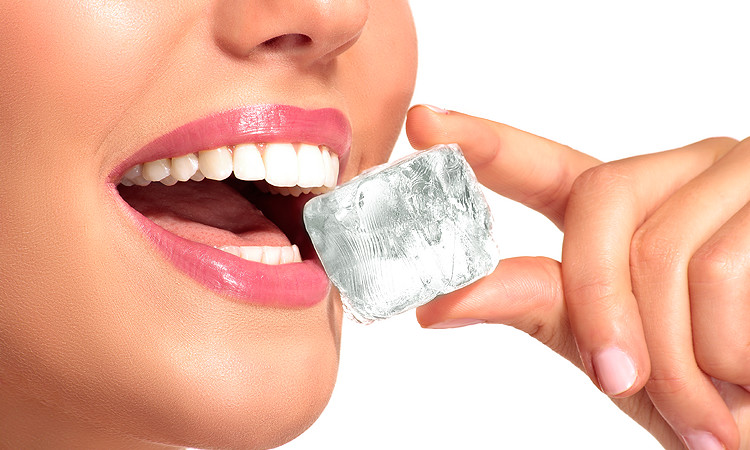Definition
Tooth sensitivity, or dentin hypersensitivity affects the exposed root surfaces or tooth. This occurs when the outside layer of our teeth (enamel) gets thinner, or when gum recession occurs, exposing the underlying surface (dentin), reducing the protection the enamel and gums provide to the tooth and root. Tooth sensitivity affects up to 57% of the population.
Signs & Symptoms
If sweet, hot, cold, acidic foods and drinks, or breathing in cold air causes pain or sensitivity, then you may have sensitive teeth. This can come and go over time.
Causes
There are many causes of tooth sensitivity, including:
- Receding Gums leaving root surface exposed
- Tooth erosion due to acidic foods and drinks
- Worn tooth enamel from using a hard toothbrush or brushing too aggressively
- Tooth erosion due to bulimia or gastroesophageal reflux disease (GERD)
Prevention
Brushing twice daily and flossing can help reduce the chance of tooth sensitivity. A diet low in acidic foods and drinks also helps prevent tooth sensitivity.

